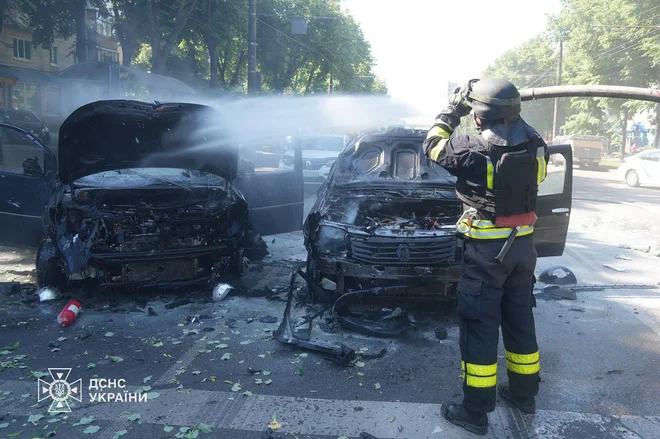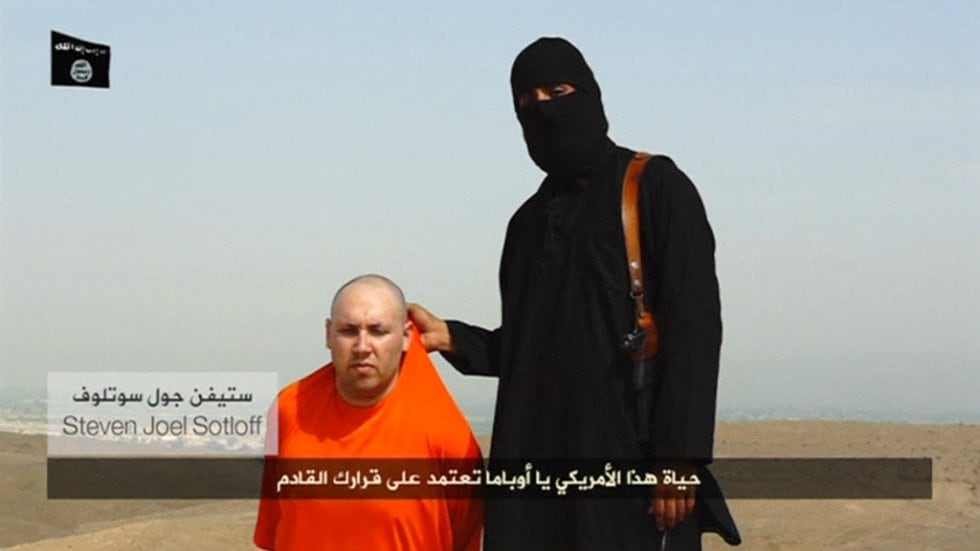« War does not have a woman’s face »: red tears – liberation

They are new or rather ten with Svetlana Alexievitch (Blanche Ripoche), an unknown journalist when she begins what will be her first polyphonic book which questions the war experienced by women, these millions of enlute volunteers in very different positions to defend « the motherland », and whose point of view had never been listened to, as if, once the peace has been established, they no longer existed. The young Svetlana Alexievitch, born in 1948, collected all the details omitted when the war is narrated by men, generally from the angle of heroism and victory. When he released in 1985, his book was scandalous before becoming a bestseller when Gorbachev praised it in a speech.
They are therefore nine or rather ten, in a community apartment in the time of the Soviet Union and the public who watches them settle, bringing chairs, cannot help in inventory all the ladles (of different reds) in the kitchen, the drain, the kettles, the gas, the trunks that pile up at the top of the cupboards, the boxes, the beds, the little horses, electric, the piano. The gaze enters the room in the background, to detail the top-of-bed and








